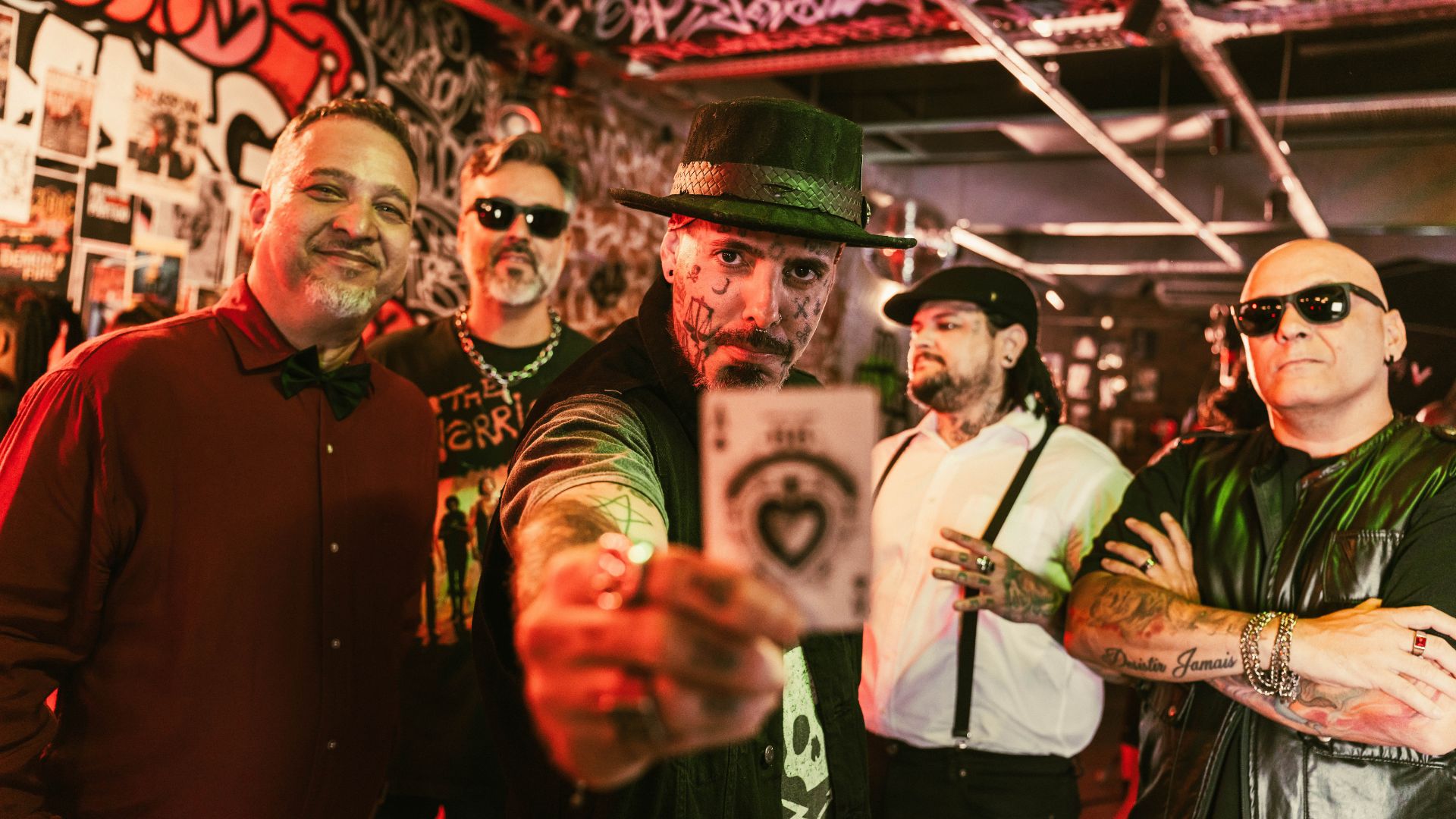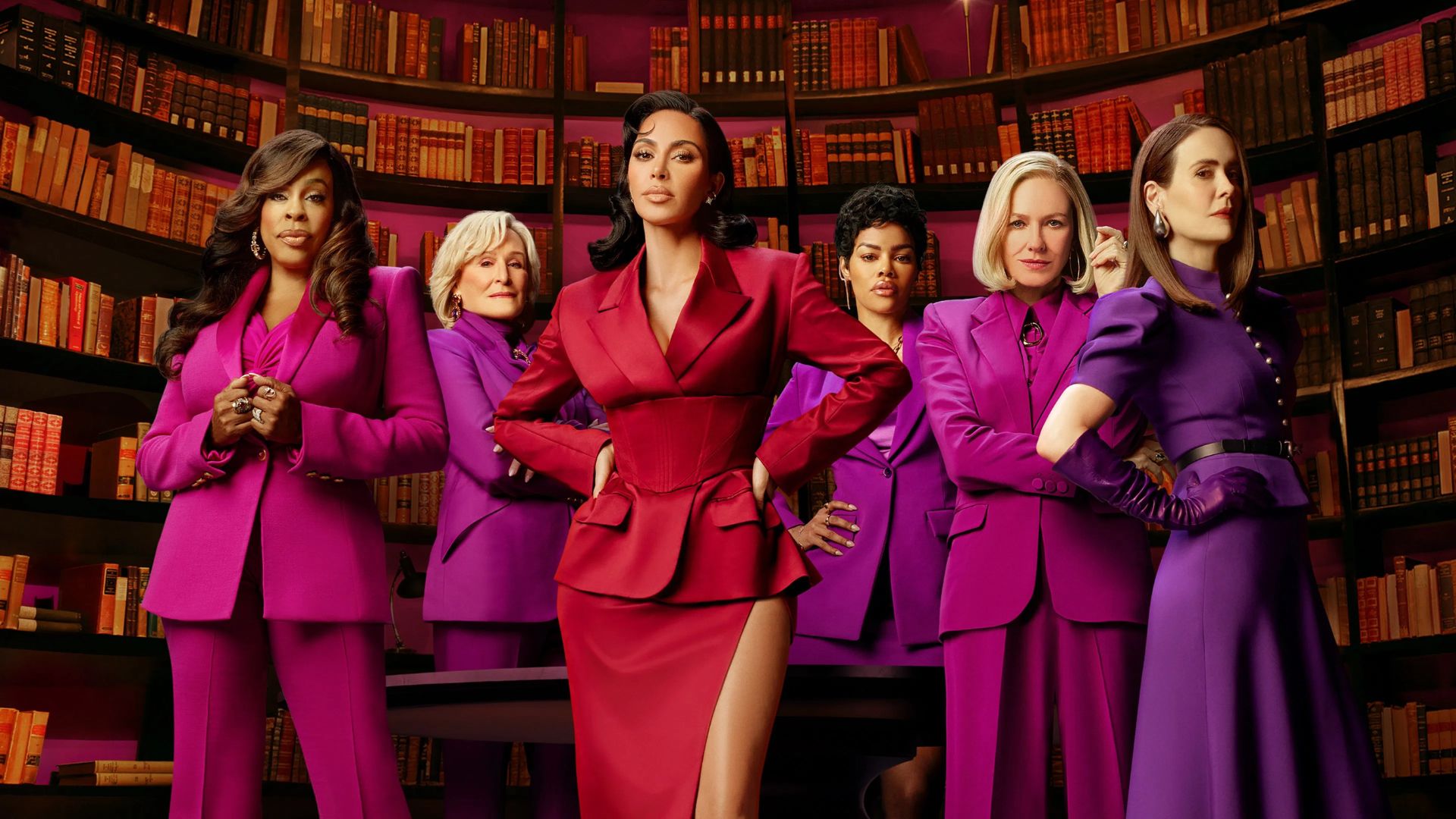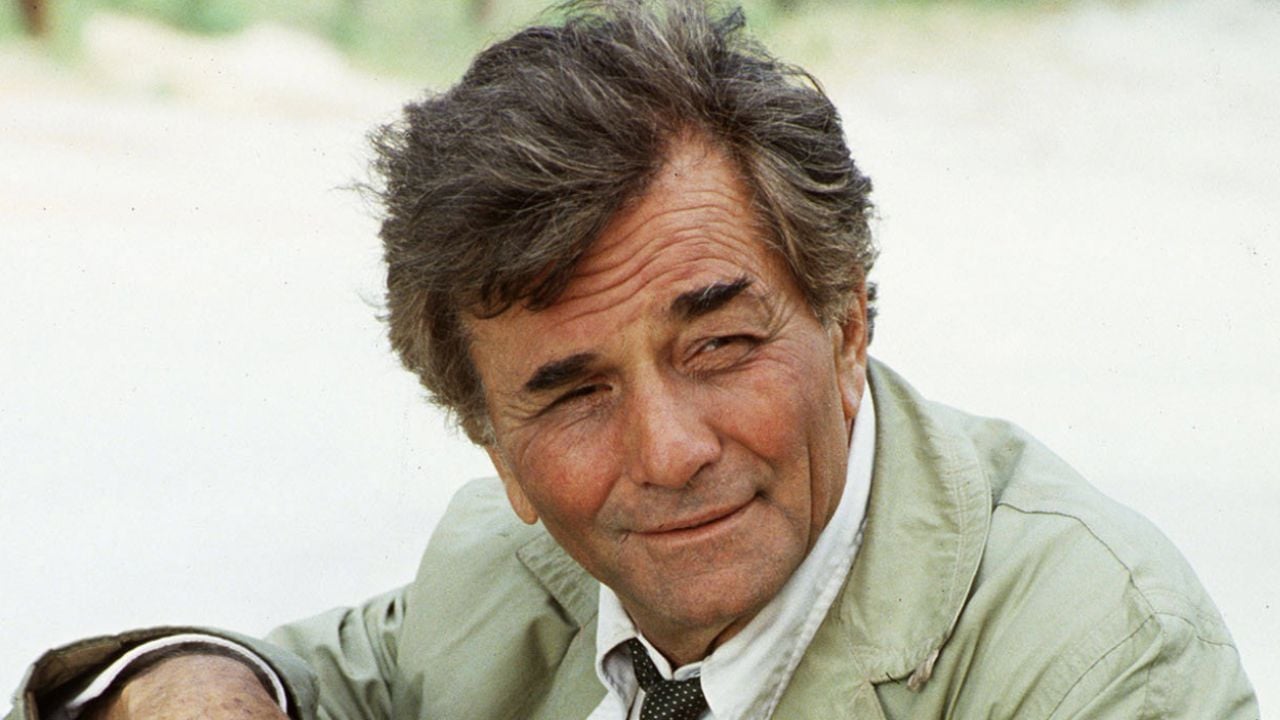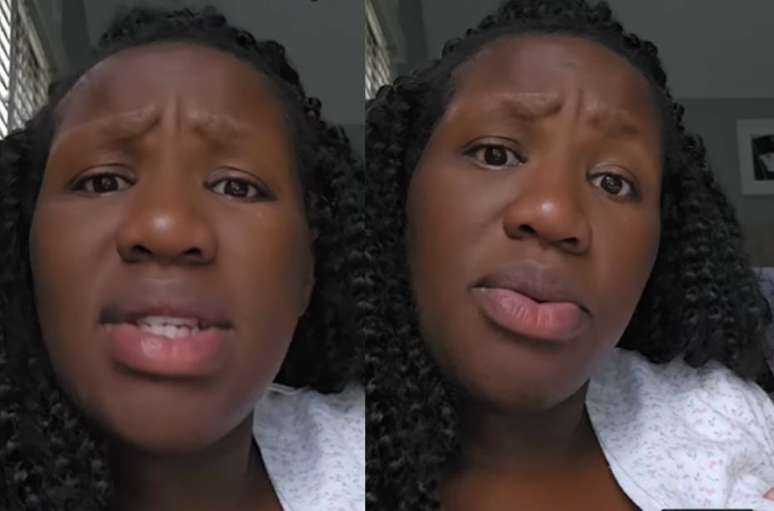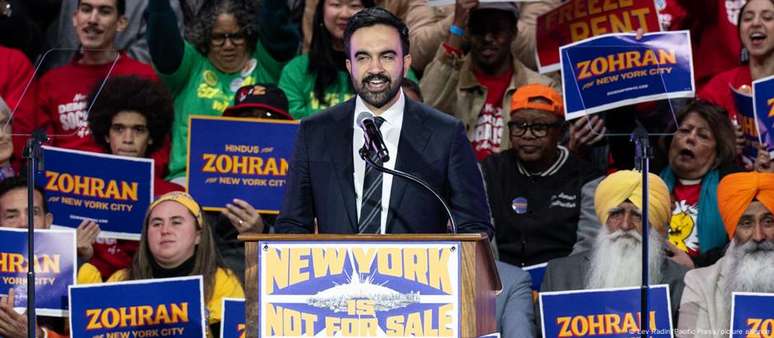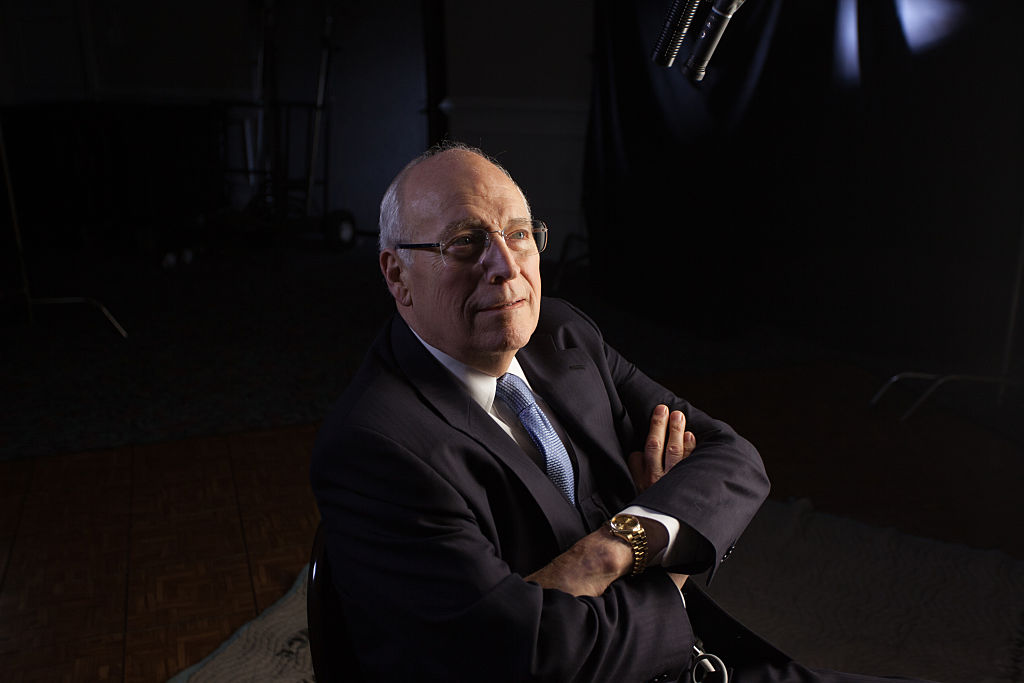The new standard in São Paulo, which raises the limit up to 75 decibels, provokes complaints and criticisms; for promoters, volume measurement is sloppy
There is noise between promoters of concerts and music festivals and public authorities in the city of São Paulo. What is the limit for noise generated by music performances in venues and outdoor arenas? Increasingly frequent, these outdoor shows attract large audiences and have gained strength post-pandemic, drying up a demand that had been pent up.
Interested in this discussion, the inhabitants of the city, as the numbers indicate, began to tolerate noise less and less, the sonorous ones. According to the municipality of São Paulo, complaints have doubled in the last two years. Last year, up to September, there were 13,547.
Recently, a vote in the City Council changed the limit from the current 55 decibels to 85 at concerts and large events. Mayor Ricardo Nunes approved the law, but with a tolerance of up to 75 decibels. According to the World Health Organization, the tolerable level for the human ear is 65 decibels. In addition, there is a risk of disease, stress and, in severe cases, hearing loss.
Days later, in compliance with a request from the PSOL panel, the São Paulo judge suspended the change. The accusation of the party advisers is that the article is not thematically relevant to the object of the original proposal – it had been voted within a law that regulates the operation of dark kitchens.
ALIGNED. The limits of current legislation are in line with those practiced in other countries. In New York City, music from bars and restaurants cannot exceed 42 decibels inside neighboring residences. In Portugal, a national standard recommends that they remain between 55 and 65 decibels. In Argentina, the night-time limit is 45. In Italy, the concert promoters listened to by Estadão consider the current limit of 55 decibels, from 19:00 to 22:00, to be impracticable.
“The city has to decide what it wants. São Paulo is on the big world concert calendar and has an obsolete law. The problem is not letting noise in early in the morning, but common sense is needed at reasonable times,” reflects Anna Luiza Fonseca, CEO by Íntheggra, consultant for institutional and government relations.
Anna Luiza calls attention to a hot market for 2023. The Town, promoted by the same company as Rock in Rio, promises to be as big as the Rio festival. The Spanish Primavera Sound, which will debut here in 2022, has already confirmed the second edition in 2024. Lollapalooza Brazil will carry names like Drake, Billie Eilish and Rosalía. Outside of the festivals, there will be concerts by Coldplay, Paramore, Backstreet Boys and Titãs, among others.
“These events give visibility and move the city’s economy. São Paulo risks losing these events to the benefit of neighboring cities, such as São Caetano, São Bernardo and even Campinas”, analyzes Anna Luiza. According to data from São Paulo Turismo (SPTuris), the 2002 edition of Lollapalooza handled around R$ 687 million.
FARRAY. An emblematic fact about the noise occurred in August 2022, during Farraial, at the Anhembi Arena. Singer Ludmilla, who was to open the show, left the stage complaining of technical problems. Entrepreneurs Juliano Libman and Luiz Restiffe, from the InHaus agency, say the noise law has hurt the program. The bass, characteristic of the funk beat, was within 65 decibels. The artist didn’t like it.
“This law has always existed, but it hasn’t been enforced. When it came into effect, everyone understood that it was impossible to respect it. The limit at 55 or 65 decibels is too low, you can’t make a show”. Restiffe says.
The festival was due to run between the afternoon and evening, as Anhembi, previously fined for other events, had to sign a Conduct Adjustment Term (TAC) to continue operating.
Libman says In Haus hired a company that took measurements before and during the event. “It is important that the city hall takes the correct measurement, at the complainant’s home. Do not place the device on Anhembi’s wall, it will hit 75 decibels there,” she says.
OBSOLETE. Prosecutors say normal city noise, such as cars, trucks and helicopters, are included in the measurement bill and that the City uses outdated equipment to measure the noise.
The press office of the Municipality argued in the minutes, in a note, that it is not possible to separate, during the inspection of the Psiu (Urban Silence Program), with high precision, specific noises such as those of helicopters, from the sound picked up at the event and that this is foreseen by the Brazilian standard (NBR) 10.151/19.
Despite the organizers’ care, Anhembi was fined by Farraial. As this is the third fine, it currently works through an injunction obtained in court. The Anhembi District, granted to GL Events, said, through a memo, that it will respect all decisions regarding events in the city.
The company also says it has hired the Institute of Technology Research (IPT) to develop a sound impact study, which will be ready by the end of the semester.
The Allianz Parque arena, with a capacity of 45,000, like Anhembi, has accumulated three fines and is running at the cost of an injunction. The position is considered the most delicate among the producers.
The stadium, home to Palmeiras, managed by Real Arenas, recently hosted three performances by British singer and actor Harry Styles; the Histórias – O Show do Século project, with compatriots Chitãozinho and Xororó, Zezé Di Camargo and Luciano, Bruno and Marrone, among others; and Buteco, commanded by Gusttavo Lima.
In a note, the company says it is ready to strictly comply with the legislation. It claims to have a commitment to the community with an active service program for residents around the stadium. According to Real Arenas, all actions to minimize noise pollution are monitored and recommended by the IPT. L
Outdoor shows also expand to the Ibirapuera region
The privatization of the area allows the new manager to promote events, but, even in compliance with the law, the annoyance continues
Another space that began hosting outdoor concerts this year was the outdoor part of the Ibirapuera Auditorium, managed by Urbia Parques, the Ibirapuera Park concessionaire. During the World Cup in Qatar, the iFood Arena Brasileira hosted performances by Marisa Monte, Seu Jorge, Anitta and Marcelo D2, among others, for a daily audience of 15,000. For Estadão, Urbia, in a note, states that the events “take place in the places, times and capacities specified in the Master Plan and in the Concession Agreement”.
But the nuisance of these events will not cease to be a problem, even if current limits are maintained, says IPT researcher Marcelo de Mello Aquilino. “Noise travels in all directions. Nearby buildings act as barriers, but those further away will be able to hear it.” As possible outputs, Aquilino suggests positioning the noise sources in such a way as to mitigate their propagation. And it is possible to increase the number of loudspeakers, so that they can operate at lower powers. The most radical way would be to literally turn the volume down.
HARMFUL. For Aquilino the proposal approved by the Chamber, which goes to 75 or 85 decibels, is harmful to health. “I’m totally against it. Every 10 decibels that the volume of the noise increases, it feels like it’s doubled. From 55 to 75, then it quadruples.” l AD
+The best content in your email for free. Choose your favorite Terra newsletter. Click here!
Source: Terra
Earl Johnson is a music writer at Gossipify, known for his in-depth analysis and unique perspective on the industry. A graduate of USC with a degree in Music, he brings years of experience and passion to his writing. He covers the latest releases and trends, always on the lookout for the next big thing in music.


